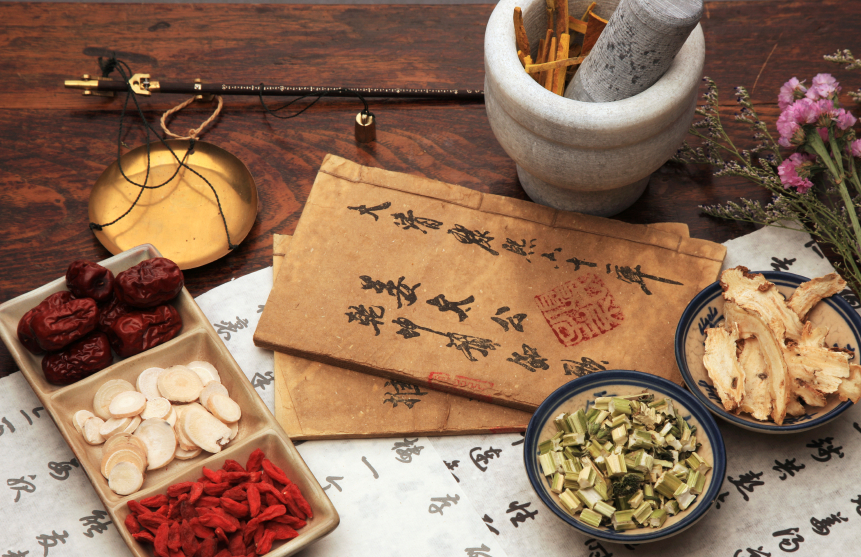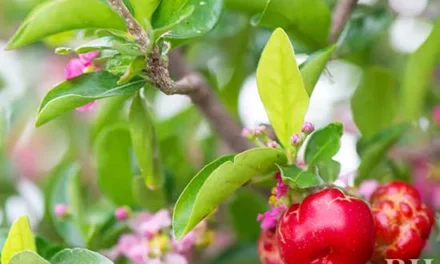Herbal remedies, also known as botanical medicine, have been used in many traditional medicine systems. They are produced from all parts of a plant including the roots, leaves, berries, and flowers. These may contain active ingredients that can cause chemical changes in the body. Herbal remedies can be taken by mouth or applied to the skin to treat disease and promote health. Sometimes herbs and plants are categorized as biological treatments.
Explore more information about Herbal remedies with Pritish Kumar.
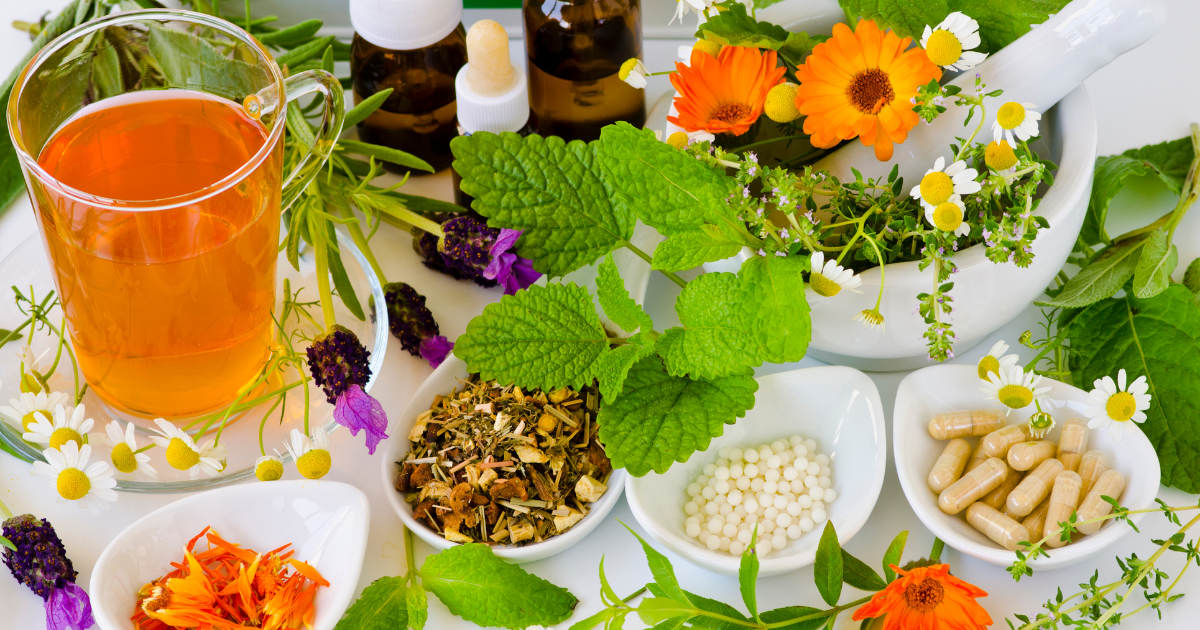
Benefits
Many scientific studies have examined the effects of various herbs on people with cancer. While some remedies have been shown to reduce the side effects of cancer treatment, many remedies aren’t supported by research.
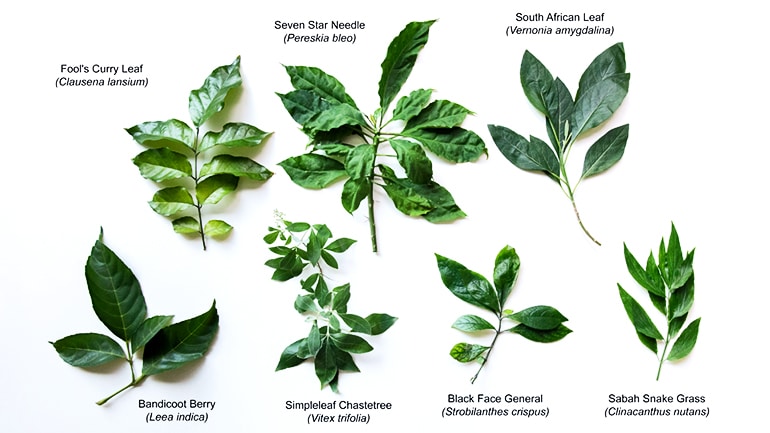
Side effects
Some herbs may interact with conventional cancer treatment or medicines, and change how the treatment works or the dose is absorbed. Herbs taken in large quantities can be toxic. For more information on the effects of specific herbs and botanicals.
Do herbs cure cancer?
There is no reliable scientific evidence that herbal remedies alone can cure or treat cancer. However, some plant extracts have been found to have anti-cancer effects and have been turned into chemotherapy drugs. These include vincristine from the periwinkle plant and taxemes from the bark of the Pacific yew tree.
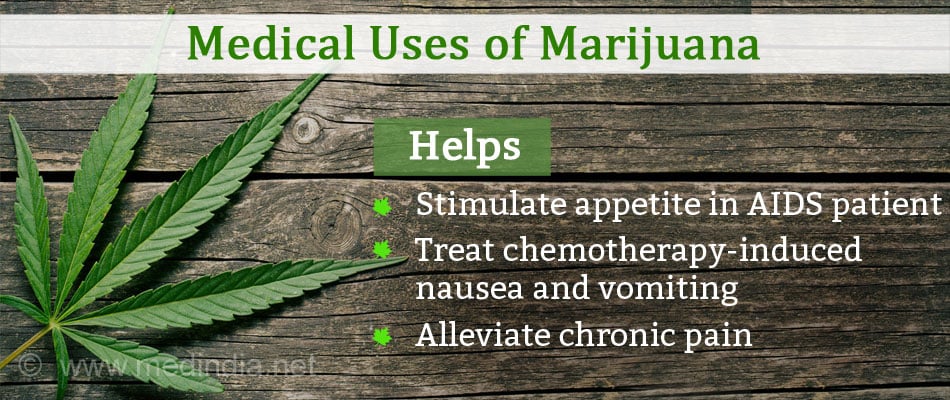
Medical use of cannabis
Marijuana is a drug that comes from the cannabis plant. The main psychoactive ingredient in marijuana is THC (delta-9-tetrahydrocannabinol). THC is a type of cannabinoid. There are many other types of cannabinoids in marijuana. Cannabinoids are chemicals that act on certain receptors on cells in our body, especially cells in the central nervous system.
Recent changes in Commonwealth and state laws mean that medicinal cannabis products can now be used in Australia to assist in the treatment and management of cancer-related symptoms and side effects.
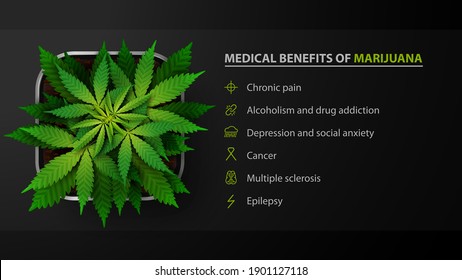
Medicinal cannabis may be prescribed to people with cancer to stimulate appetite or weight gain, or to manage nausea, vomiting, or pain. Currently, there is no evidence to suggest that medicinal cannabis is effective in the treatment or management of cancer itself. It is therefore used in symptom management only.
If you are interested in using medicinal cannabis to assist in relieving some of your cancer symptoms or cancer-related side effects, the first step is to talk to your doctor. Medicinal cannabis can only be accessed legally through your treating doctor and specialists. Your doctor can only prescribe medicinal cannabis if they believe it will be beneficial in the relief of your symptoms.
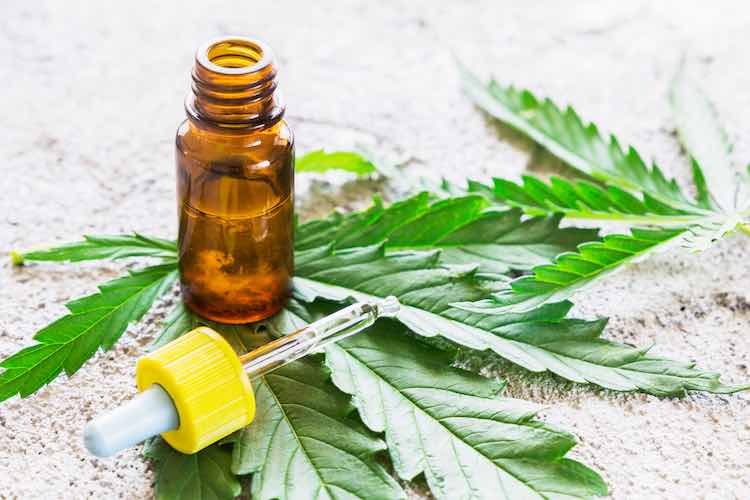
Cancer Council supports ongoing high-quality research and clinical trials that examine the use of medicinal cannabis products to build evidence about its effectiveness in the management of cancer symptoms and treatment-related side effects. Cancer Council does not support smoking medicinal cannabis products as all forms of smoking are known to increase cancer risk.
To find out more about access to cannabis for medical purposes, see the Therapeutic Goods Administration’s guidance. You can read information from the Department of Health.
Western herbal medicine
What it is
Western herbal medicines are usually made from herbs traditionally grown in Europe and North America, but some come from Asia.

Why use it
Herbal medicines are often used to help with the side effects of conventional cancer treatments, such as lowering fatigue and improving wellbeing. Evidence shows they should be used in addition to conventional therapies, rather than as an alternative.
What to expect
After taking a case history, the practitioner puts together a holistic picture of your health. They will look for underlying reasons for your ill health or symptoms, and dispense a remedy addressing the causes and symptoms of your illness. They may give you a pre-made herbal formula or make up a blend of herbs specifically for your needs. Herbal medicines can be prepared as liquid extracts taken with water or as a tea (infusion), or as creams or tablets.
Evidence
There is a wide body of research into the effectiveness and safety of many herbs, and some studies show promising results. Speak to your doctor and herbal medicine practitioner about the potential side effects of any herbal preparations.
Many pharmacies and health food stores sell herbal preparations. Ask your complementary therapist or pharmacist if these are of high quality and meet Australian standards.
Tips for using herbal products safely
Buy or use herbal products from a qualified practitioner or reputable supplier.
Ask for products that are clearly labeled in English with your name, batch number, date, quantity, dosage, directions, safety information (if applicable), and your practitioner’s contact details.

Avoid using over-the-counter products from a health food shop, pharmacy, or the internet. Be aware that products from other countries that are sold over the internet are not covered by the same quality and safety regulations as those sold in Australia. Some Ayurvedic and Chinese products may contain lead, mercury, and arsenic in high enough quantities to be considered toxic.
Make sure you know how to prepare and take your herbs. Like conventional medicine, taking the correct dose at the right time is important for herbal remedies to work safely.
Talk to your doctor and complementary health practitioner, or call NPS MedicineWise’s Medicines Line on 1300 633 424 from anywhere in Australia, Monday to Friday, 9 am to 5 pm AEST. This service is staffed by registered nurses who provide confidential, independent information about prescription, over-the-counter and complementary medicines.
Ask the practitioner for ways to mask the taste of the herbs if you find them bitter.
Report any suspected adverse reactions to any kind of medicine to your practitioner, or call the NPS MedicineWise Adverse Medicine Events Line on 1300 134 237 from anywhere in Australia, Monday to Friday, 9 am to 5 pm AEST. If the reaction is serious, call 000 or go to your nearest emergency department.
Chinese herbal medicine

What it is
Chinese herbs are a key part of TCM. Different parts of plants, such as the leaves, roots, stems, flowers, and seeds, are used. Herbs may be taken as tablets or given as tea.
Why use it
Herbs are given to unblock meridians, bring harmony between Yin and Yang, and restore organ function.
What to expect
The practitioner will take a case history and may do a tongue and pulse analysis to help them assess how your body is out of balance. They will choose a combination of herbs and foods to help bring your body back into balance. Chinese herbalists make a formula tailored specifically to your condition, or they can dispense prepackaged herbal medicines.
Evidence
As with Western herbal medicine, many Chinese herbs have been scientifically evaluated for how well they work for people with cancer. Studies have found benefits for some herbs, such as American ginseng for cancer-related fatigue. Research is continuing to examine the benefits of different herbs and different herbal combinations.

Chinese herbal medicine is a complex area and it’s best to see an experienced practitioner rather than trying to treat yourself. Some herbs may interact with some cancer treatments and medicines, and cause side effects. See below for tips on using herbs safely.
Taking care with herbs during treatment
Although herbs are natural, they are not always safe. Taking the wrong dose or wrong combination or using the wrong part of the plant may cause side effects or be poisonous (toxic). Also, herbs used with chemotherapy, radiation therapy, and hormone therapy can cause harmful interactions. All herbs should be prescribed by a qualified practitioner.
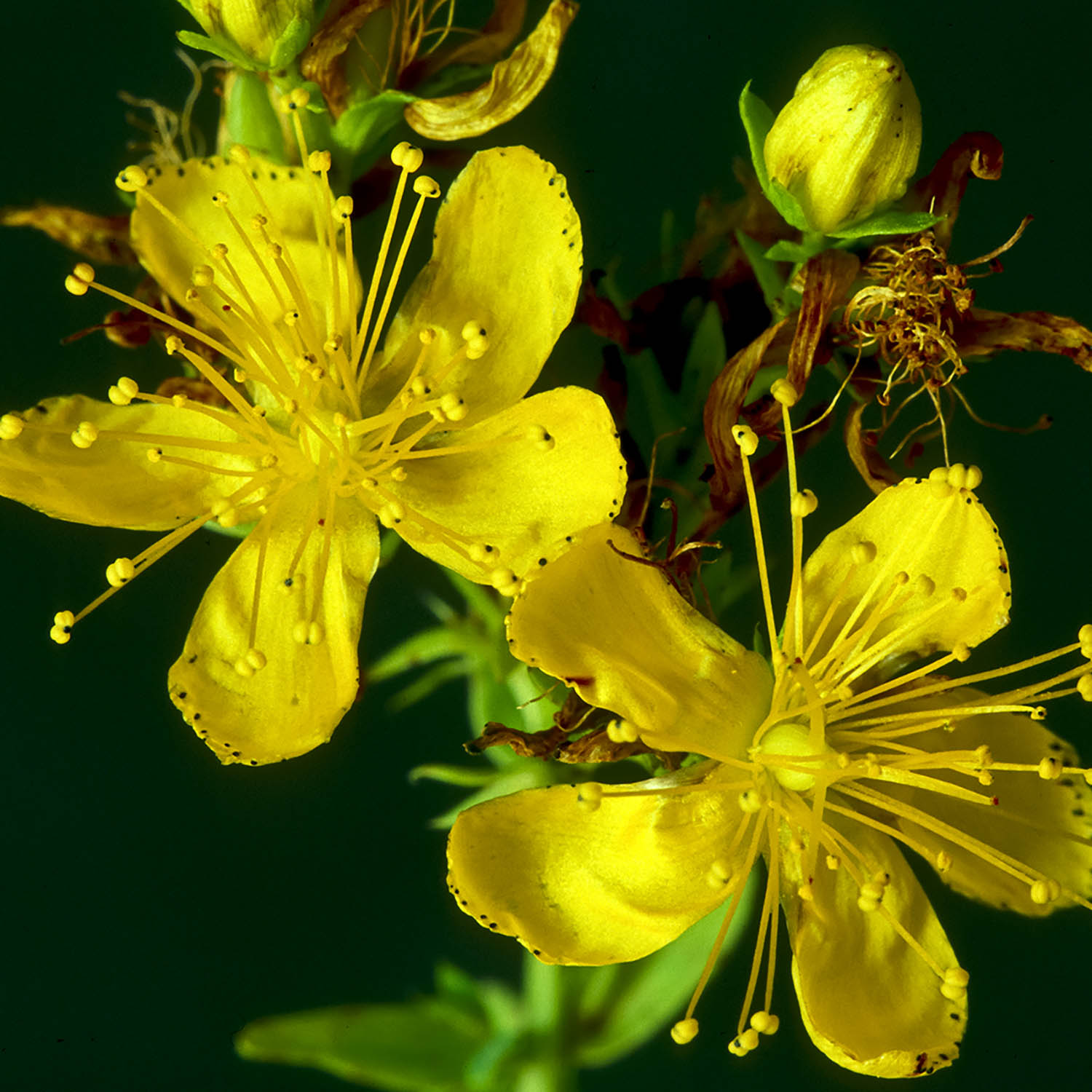
St John’s wort
This popular herb for mild to moderate depression has been shown to stop some chemotherapy drugs and other medicines from working properly. It may also increase skin reactions to radiation therapy. If you are feeling depressed, ask your doctor about other treatments.
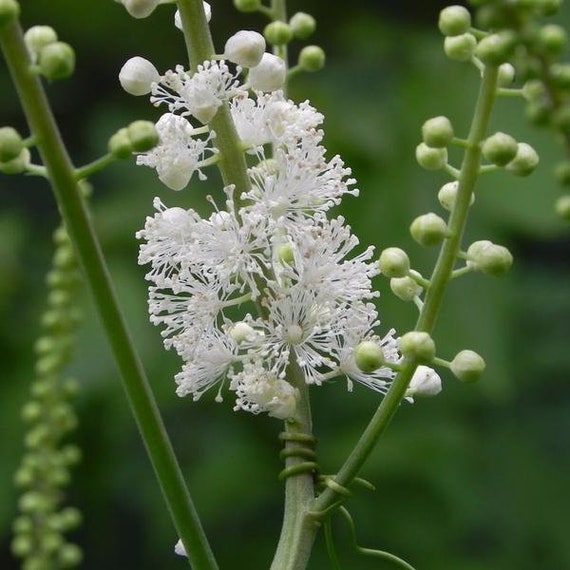
Black cohosh
Herbalists often prescribe this herb to menopausal women who are experiencing hot flashes. While clinical trials show that black cohosh is relatively safe, it should not be used by people with liver damage. There is not enough scientific evidence to support the use of black cohosh in people with cancer.
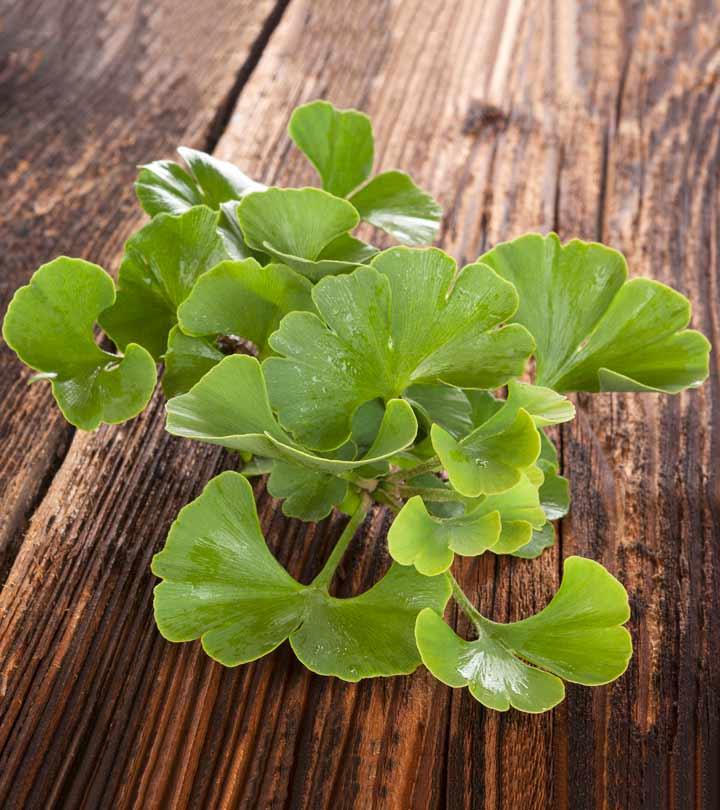
Ginkgo biloba and garlic
Studies have shown that these may have a blood-thinning effect, which can cause bleeding. This could be harmful in people with low platelet levels (e.g. from chemotherapy) or who are having surgery.
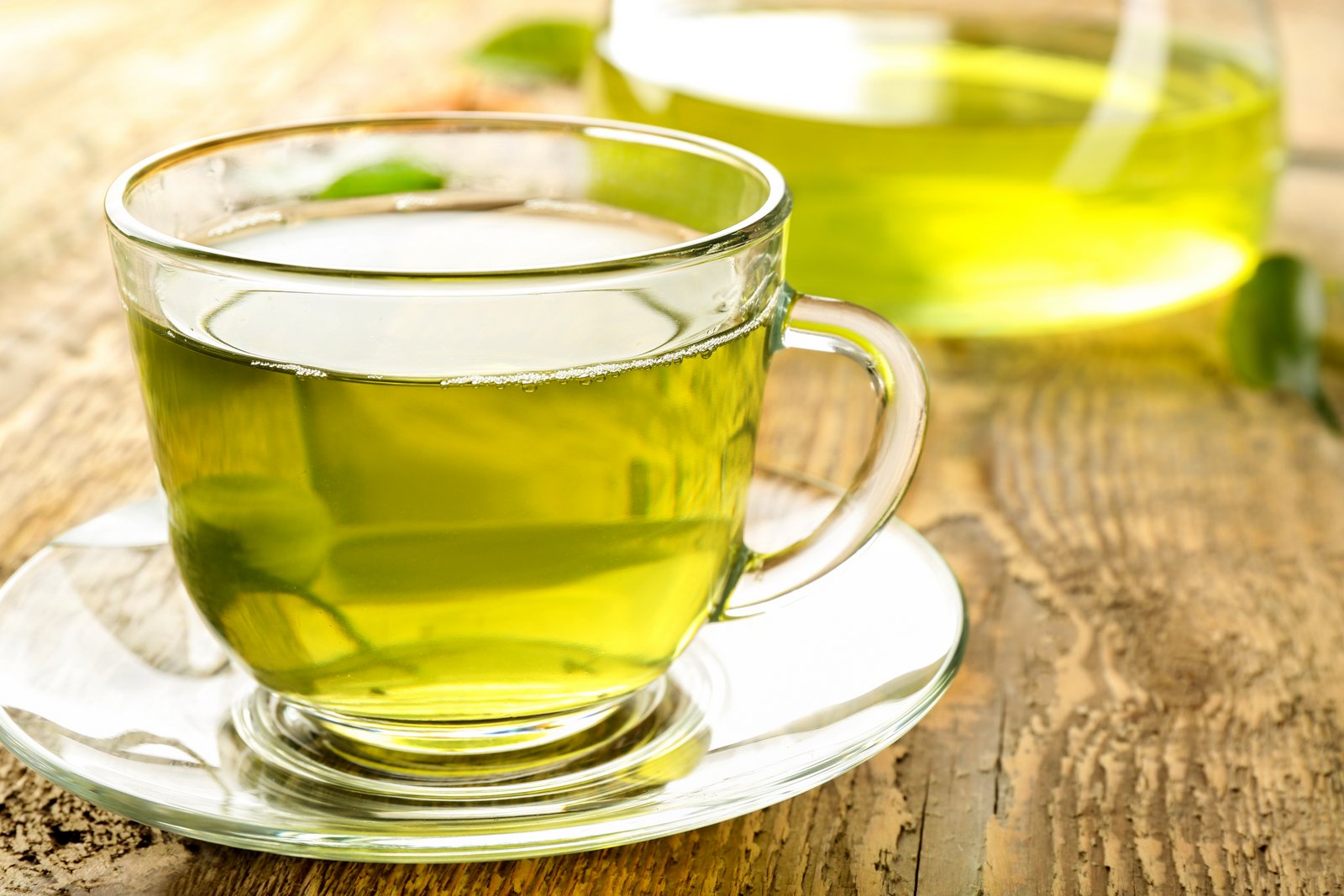
Green tea
This has been shown to stop the cancer drug bortezomib (brand name Velcade) from working properly.
Keep your complementary therapists and other health professionals informed about any herbal remedies you use before, during, or after cancer treatment. This information will help them give you the best possible care.
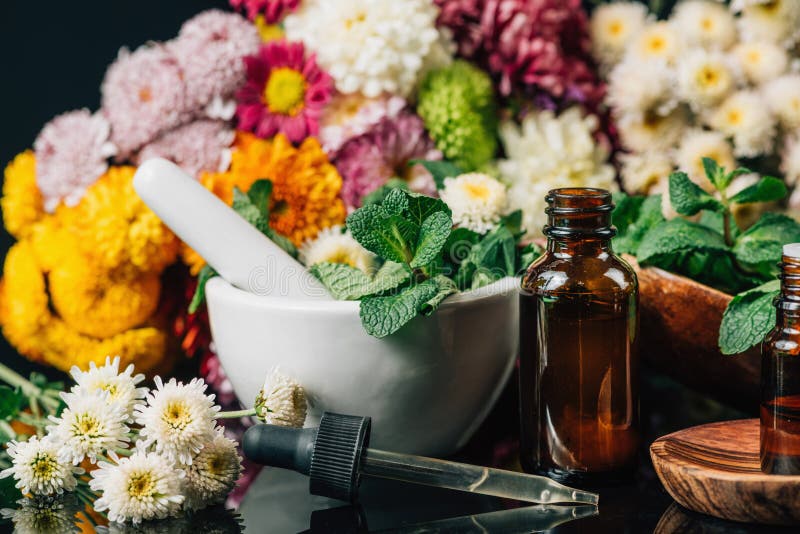
Flower remedies
What they are
Also known as flower essences, these are highly diluted extracts from the flowers of wild plants. There are many types of flower remedies from around the world. The most well-known in Australia are the Original Bach Flower Remedies, developed in the 1930s in England, and Australian Bush Flower Essences, developed in Australia in the 1980s.
Why use them
Flower remedies are used to balance the mind, body, and spirit, and help you cope with emotional problems, which can sometimes contribute to poor health.
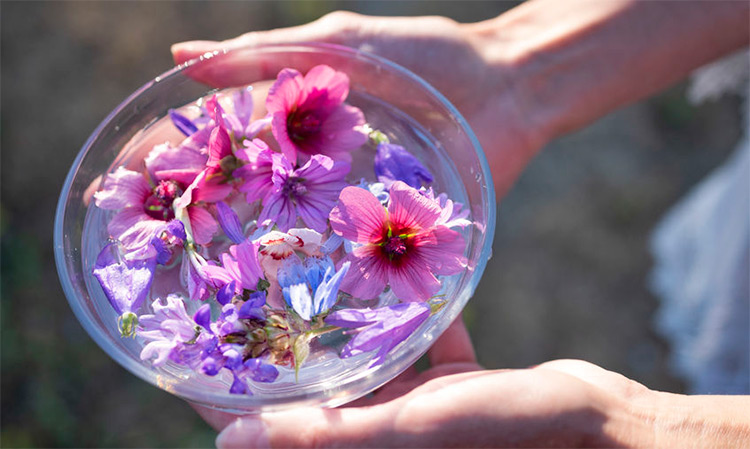
What to expect
Much like a counseling session, the therapist will ask questions and listen to you talk about yourself, the problems you are experiencing, and how you feel about or approach certain situations. This enables the therapist to prepare a remedy – usually a blend of essences – tailored specifically for you, which is taken in water several times a day.
Evidence
Scientific evidence does not support the use of flower remedies for treating diseases. However, anecdotal evidence suggests they help reduce fear, anxiety, or depression.
Herbs and spices can do so much more than enhance the flavor of food. They can help stimulate the immune system and help prevent cancer.
Here are six ways to spice up your food and keep you in good health.

1) Turmeric: It’s a yellow curry powder (the active polyphenol ingredient is curcumin) that is shown to inhibit the growth of cancer cells. It is also an anti-inflammatory.
Tip: Mix with black pepper (piperine) and olive oil to activate and help with absorption. It can be used as a dry rub or added to soups, sauces, and stews.

2) Ginger: Its antioxidant and anti-inflammatory properties protect against cancer. It is also used as a herbal remedy for upset stomach and nausea and can serve as an appetite stimulant.
Tip: Steep a few thin slices in hot water for 10 minutes to create a soothing tea.
Six herbs and spices to help fight cancer
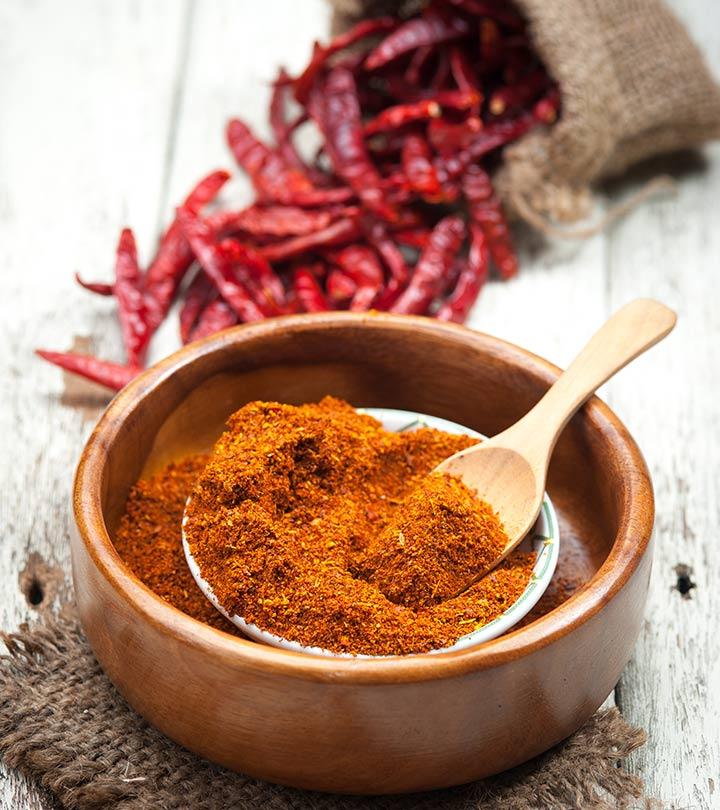
3) Cayenne Pepper: This hot pepper contains capsaicin, a powerful antioxidant that helps with weight loss and is an anti-inflammatory food. Cayenne also contains beta-carotene. It is known to be toxic to cancer cells and helps prevent the growth of cancer cells.
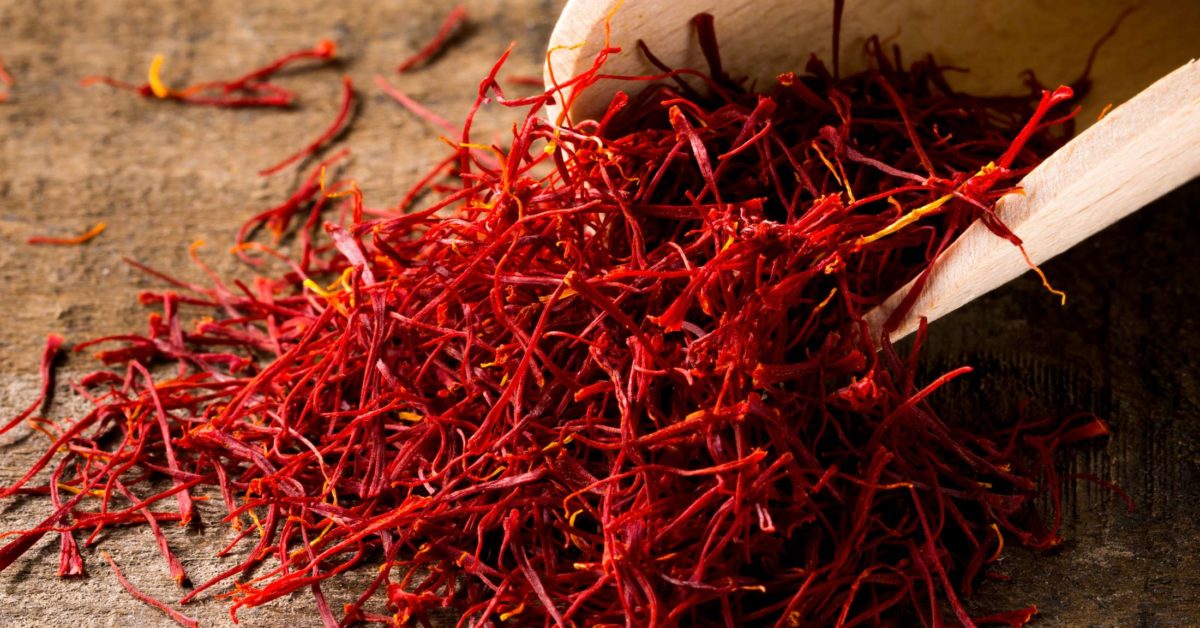
4) Saffron: This spice may be the most expensive, but it packs a good punch. It contains crocins (water-soluble carotenoids) that may inhibit tumor growth and progression of cancer.
/herb-profile-oregano-1761786-5-5c01c4fc1b4d4d748680c261c760497e.jpg)
5) Oregano: The richest source of antioxidants among herbs slows cancer growth and promotes apoptosis (cell death). It carries antibacterial properties and is a natural disinfectant.
Tip: Marinating with oregano can help reduce the formation of heterocyclic amines (HCAs) created when meat is cooked at high temperatures.
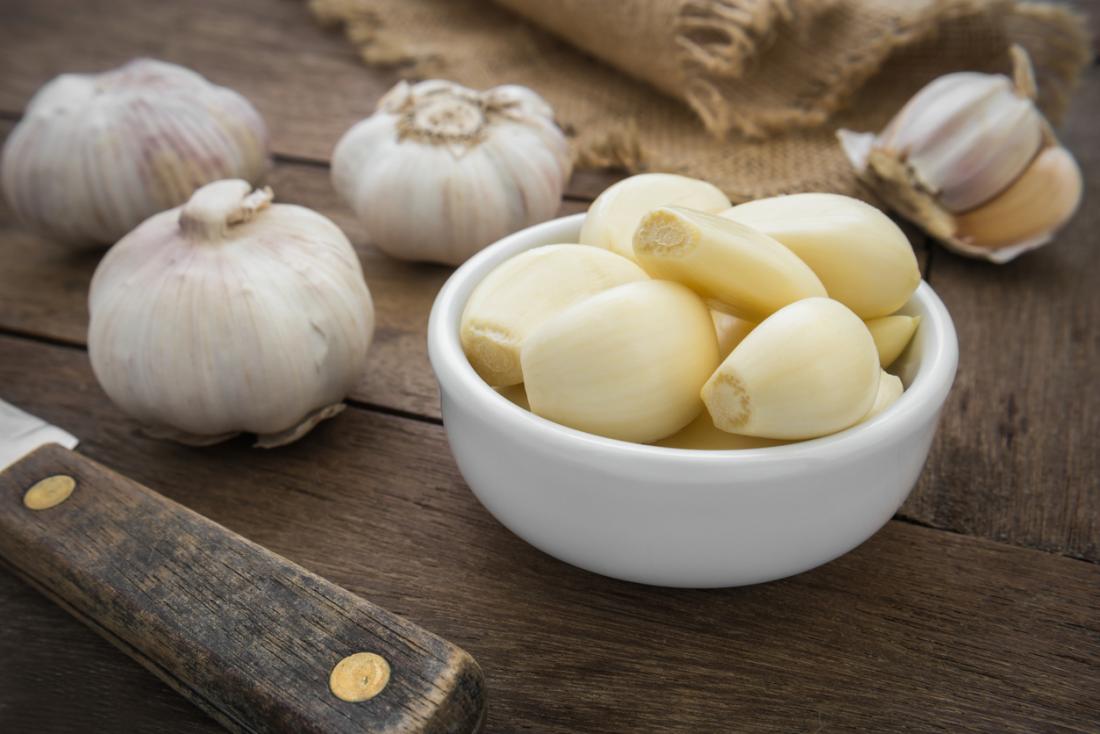
6) Garlic: The most powerful anti-cancer spice is part of the cancer-fighting allium group (onions, shallots, scallions, leeks, chives). Garlic helps boost the immune system to help fight diseases, as well as colds and flu. It also decreases the growth of cancer cells.
Tip: Take one daily dose – 1 clove and remember to “chop and stop” – chop and then let it sit for 10 minutes before using to allow for the formation of allicin (enzyme).
Cancer protection starts with your spice rack. Let’s add spice to our lives!
Cynthia Wigutow is a registered and licensed dietitian with about two decades of experience in acute and long-term care settings. She earned her Bachelor of Science in dietetics and nutrition from the University of Texas Health Science Center in Houston, Texas, and her Master of Science in dietetics and nutrition from Florida International University in Miami.
Cynthia currently serves as president of the Florida Academy of Nutrition and Dietetics.
Reference
https://www.mhs.net/news/2016/09/cancer-fighting-herbs-and-spices

